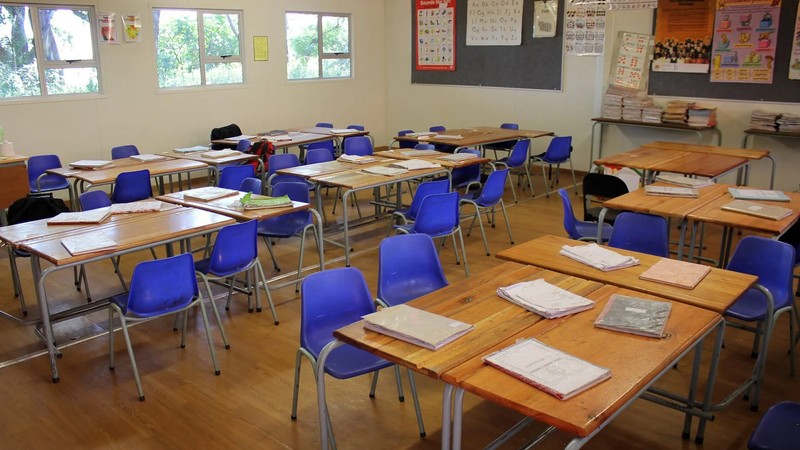Teacher unions divided on Bela Act guidelines
The Department of Basic Education’s newly released Guidelines for the Implementation of the 2024 Amendments to the South African Schools Act have sparked a sharp divide among education stakeholders.
Issued to MECs for Education and provincial heads of departments, the guidelines aim to clarify the interpretation and rollout of the Basic Education Laws Amendment Act (BELA), focusing on contentious areas such as language policy, admissions, and the role of school governing bodies (SGB).
Civil society organisation Free SA has welcomed the guidelines, calling them a victory for constitutional governance, while the South African Democratic Teachers’ Union (SADTU) has outright rejected the guidelines, calling them unlawful and politically motivated.
Free SA, a constitutional rights advocacy group, applauded Minister Siviwe Gwarube, a member of the DA, and her team for incorporating core democratic principles into the guidelines.
“Free SA commends minister Gwarube for her leadership and responsiveness,” said spokesperson Reuben Coetzer.
“By anchoring these guidelines in the Constitution and administrative justice, she has taken a vital step in protecting the democratic ethos of South African schooling.”
The organisation said many of the recommendations it submitted in a January 2024 memorandum have been adopted. These include the use of clear and objective standards for the assessment of admission and language policies, time-bound appeal procedures, and protections for SGBs from arbitrary interference.
“SGBs cannot be dissolved or stripped of functions without a documented failure, due process, and an opportunity for rectification,” said Coetzer.
However, SADTU issued a scathing media statement, accusing the Minister of acting outside the limits of her legal authority. “The minister seems confused about her legal authority in terms of the Constitution,” the union said. “She cannot exercise a power she does not have in law.”
SADTU general secretary Dr Mugwena Maluleke said the union had written to the minister several times through its lawyers, warning that BELA does not authorise her to issue guidelines with legal effect.
“The law is clear that the Minister is only allowed to make regulations, not guidelines, in terms of the BELA Act,” the union stated.
It went further, alleging that the release of the guidelines is part of the DA’s political strategy to hinder full implementation of BELA, particularly sections dealing with language and admissions.
“We therefore demand that the Minister retract these guidelines and stop delaying tactics. We want the process to be lawful and be speeded up,” said Maluleke, urging schools, MECs, and SGB members to ignore the guidelines.
In contrast, the National Professional Teachers’ Organisation of South Africa (Naptosa) took a more constructive tone. Naptosa provincial CEO Thirona Moodley said the guidelines are “fair to all stakeholders and do not impose unnecessarily on the jurisdiction of any stakeholder.”
She added that Naptosa has representatives on all BELA regulation drafting committees and is confident that the final regulations will be practical and clear. “Our reps are able to identify with the needs of the schools, thereby making valuable input from that perspective,” she said. Moodley encouraged public participation once the draft regulations are released.
While the department has clarified that these are interim, non-binding guidelines, Free SA said they set an encouraging precedent for how BELA can be implemented without undermining constitutional values. The group said it would remain vigilant in monitoring the next phase of regulation development.
Meanwhile responding to questions in the Basic Education Portfolio Committee yesterday, Minister Gwarube said that regulations regarding the Act would be published by the end of this month. “We made a commitment last year that by the end of June, the regulations would be out and published for the public. We are not at the end of June.”
Gwarube also said the drafting of the regulations was an intricate process. “It is not done by the minister. It is done by the legal team within the department in conjunction with the Office of the Chief State Law Advisor. That is the legal process we must allow to take its course. The regulations don’t delay the implementation of the Act.
“The Act is in force and implementable. The regulations seek to give clarity on certain parts of the Act and how they should be implemented.”

